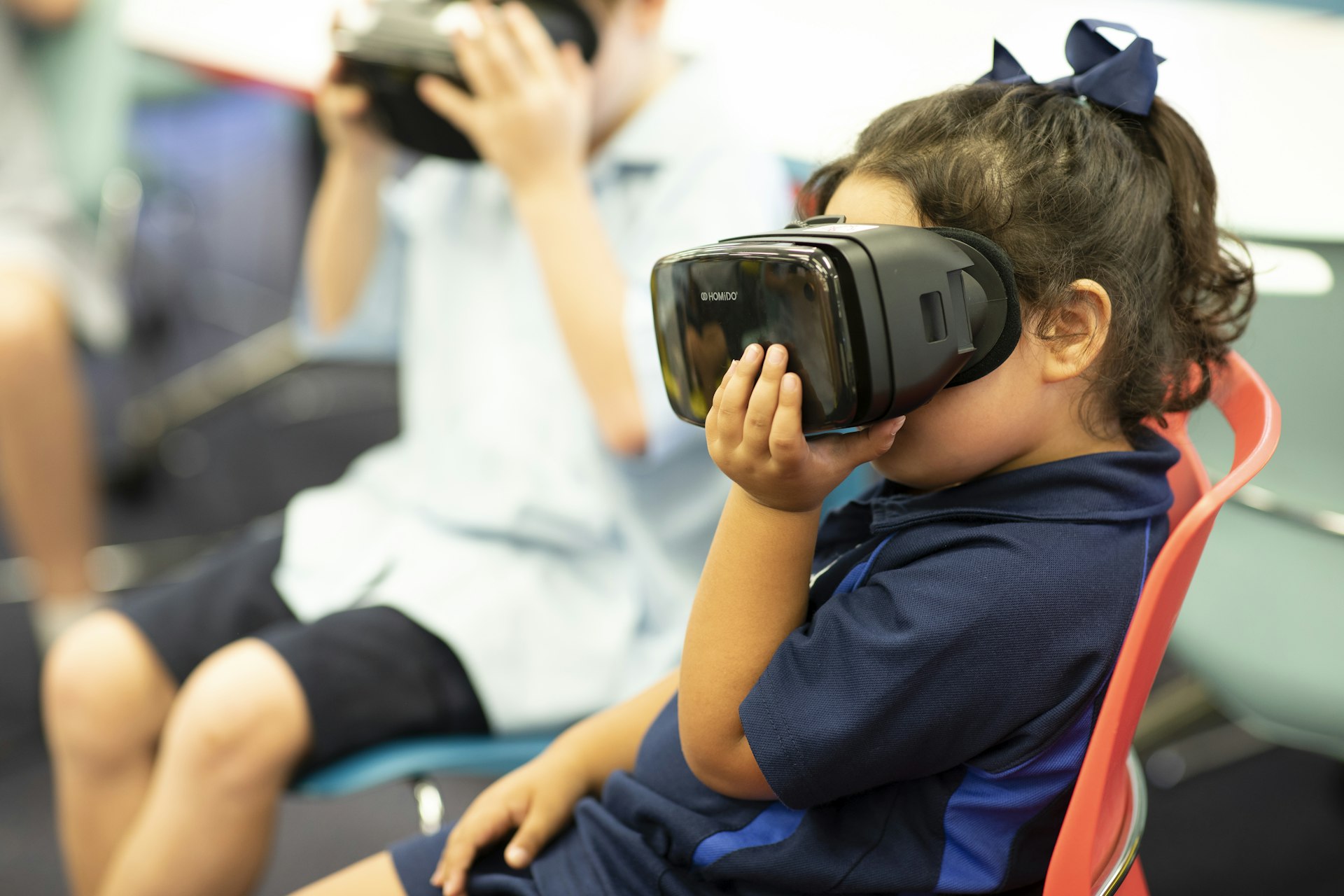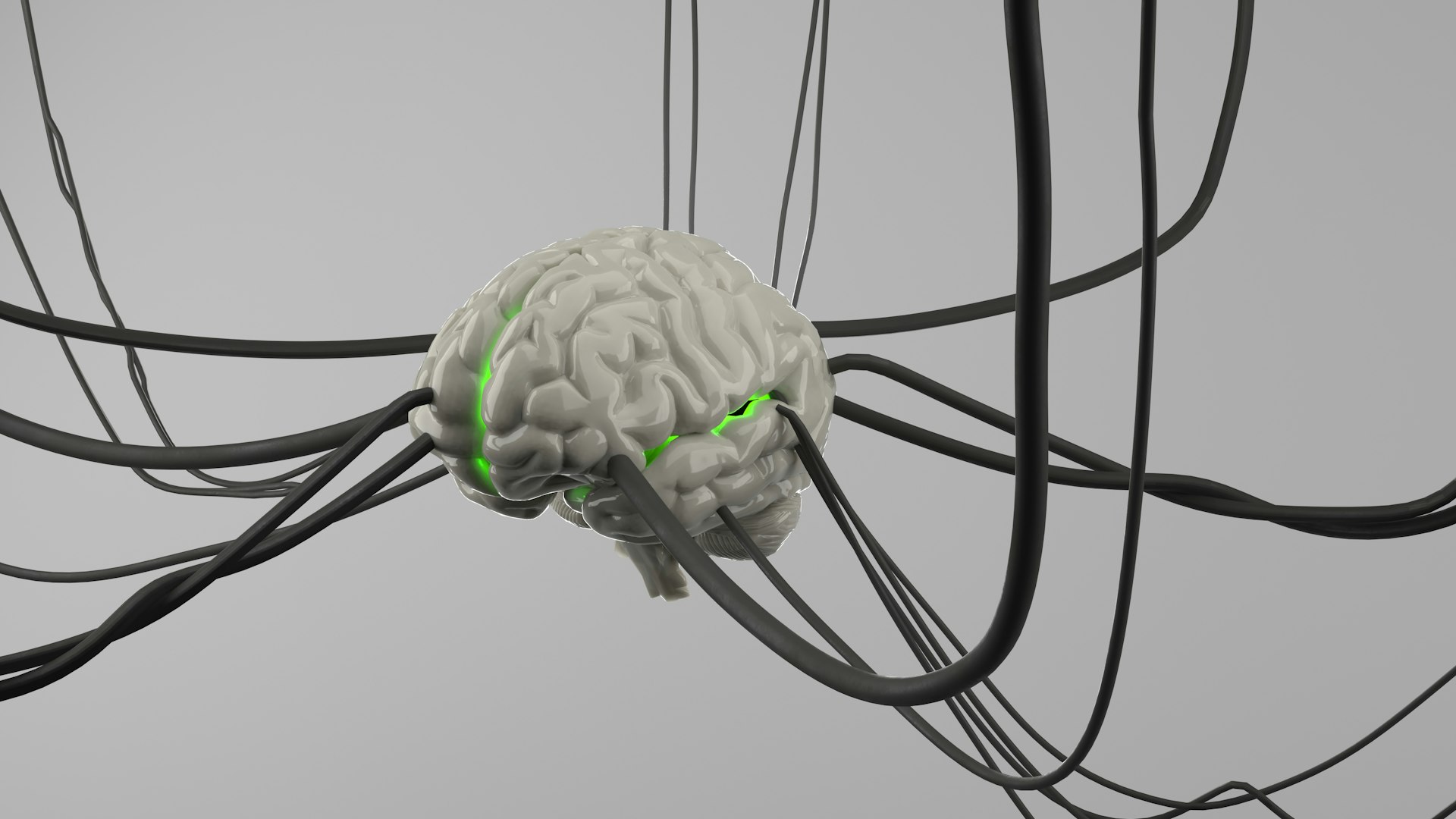How Player-Driven Economies Shape Modern MMORPGs: Opportunities, Challenges, and Real-World Lessons

Photo by Denise Jans on Unsplash
Understanding Player-Driven Economies in MMOs
Massively Multiplayer Online Games (MMOs) have evolved far beyond simple questing and combat. One of the most transformative features in modern MMOs is the
player-driven economy
, where the buying, selling, and trading of goods is managed by the community rather than by automated game systems. This approach empowers players to influence supply and demand, set prices, and create entire professions and businesses within virtual worlds. With the rise of titles like
EVE Online
,
Albion Online
,
New World
, and
Star Citizen
, these economies have become central to the MMO experience
[1]
,
[3]
.
Key Elements of Player-Driven Economies
Unlike traditional NPC-driven shops, player-driven economies rely on several core mechanics:
-
Trading and Marketplaces
: Players buy and sell items directly, often through auction houses or player-run vendors. For example, in
EVE Online
, billions of ISK are traded daily, with prices fluctuating based on real market activity [5] . -
Crafting and Resource Gathering
: Crafting is central in games like
Albion Online
and
New World
, where most valuable items are player-made. Gathering raw materials and crafting finished goods drives the entire economic loop [3] . -
Dynamic Pricing
: Supply and demand set the price of goods. In
Star Citizen
, material prices change depending on regional demand and player activity, mimicking real-world market fluctuations [1] . - Specialized Roles and Professions : Players often specialize as merchants, crafters, miners, or transporters, creating virtual careers and fostering cooperation.
Benefits of Player-Driven Economies
Implementing a player-driven economy brings several advantages:
-
Innovation and Engagement
: Players are incentivized to find new ways to profit, from efficient trading routes in
ArcheAge
to crafting rare items in
Albion Online
[3] . - Community Building : Economic interdependence encourages collaboration, forming guilds, alliances, and rivalries based on trading and resource control.
- Replay Value : The ever-changing nature of supply and demand ensures no two economic cycles are alike, keeping veteran players engaged for years.
- Emergent Gameplay : Unscripted events, such as market crashes or resource wars, create memorable stories unique to each game world [5] .
Challenges and Solutions
While player-driven economies offer significant benefits, they also introduce challenges:

Photo by Grant Durr on Unsplash
- Real Money Trading (RMT) and Botting : Some players attempt to exchange real-world money for in-game currency, or use bots to farm resources, disrupting the integrity of the game economy. Developers must actively monitor and mitigate these risks through robust enforcement and technical safeguards [4] .
- Market Manipulation : Large groups or wealthy individuals may attempt to control prices. Game designers can counteract this with transaction fees, market limits, or shifting resource spawns.
- Inflation and Deflation : Unchecked resource generation may lead to inflation; scarcity can trigger deflation. Balancing resource availability and sink mechanisms (such as item decay or taxes) is essential.
Solutions include regular economic audits, player feedback systems, and adaptive content updates that address imbalances quickly.
How to Participate and Succeed in MMO Economies
Whether you’re new to MMOs or a seasoned trader, succeeding in a player-driven economy requires a strategic approach:
-
Research Active Markets
: Start by observing which goods are in high demand. In
EVE Online
, for example, Jita is the central hub for trade, and prices can be tracked using in-game tools and external resources [5] . - Specialize : Choose a niche-whether crafting, trading, or resource gathering-and invest time in mastering it. Most games reward specialization with greater profits and influence.
- Join a Guild or Trading Network : Collaboration multiplies your market impact. Many MMOs have guilds dedicated to commerce, crafting, and logistics, offering mentorship and pooled resources.
- Monitor Market Trends : Regularly review auction house listings and trade posts. Prices can fluctuate rapidly due to updates, events, or player activity.
- Adapt to Game Updates : Major content patches can dramatically affect supply, demand, and pricing. Stay informed through official forums and patch notes; adjust your strategy accordingly.
- Practice Ethical Trading : Avoid exploits and RMT, as these can result in account bans and undermine the health of the economy. Report suspicious activity to game moderators.
Case Studies: Leading MMOs with Player-Driven Economies
Several MMOs have set benchmarks for robust, player-driven economies:
- EVE Online : Features a complex market system, regional trading hubs, and even stock ownership. Every transaction impacts the broader galactic economy, with billions traded daily [5] .
- Albion Online : Every item is player-crafted, and regional markets encourage trade and transport. PvP can impact supply lines, making economic strategy vital [3] .
- Star Citizen : Material prices fluctuate based on player activity, and money transfers occur directly between players, emulating real-world economics [1] .
- New World : Crafting and gathering underpin the economy; high-level gear and consumables are created and traded by players [3] .
- Star Wars Galaxies Legends : The fan-run emulator maintains a fully player-driven economy, with professions and towns managed by players [2] .
Step-by-Step: Getting Started in a Player-Driven MMO Economy
To maximize your engagement and potential in these economies, follow these steps:
- Choose Your MMO : Research games that emphasize player-driven economies. Consider visiting reputable gaming review sites or official forums for current recommendations.
- Create a Character Focused on Commerce : Many MMOs allow you to select professions or skills tailored to trading, crafting, or gathering. Read guides provided by experienced players for optimal builds.
- Start Small : Begin by trading low-risk goods or crafting basic items. Monitor your returns and adjust your approach as you learn market dynamics.
- Engage with the Community : Ask questions in global chat, join guilds oriented toward trading, and participate in economic events and contests.
-
Track Market Data
: Use in-game tools and external fan sites to track prices and trends. For example, in
EVE Online
, the official wiki and forums provide current economic insights [5] . - Upgrade Your Infrastructure : As you grow, invest in better crafting stations, storage, and transport options. Many MMOs reward economic progression with expanded capabilities.
- Stay Updated : Follow official game news and patch notes. Economic changes often follow major updates; adapt your strategy to remain profitable.
Alternative Approaches and Opportunities
If direct trading isn’t your preference, consider alternative economic roles:
- Resource Logistics : Transporting goods between regions for profit.
- Market Analysis : Advising guilds or groups based on economic trends.
- Crafting High-Demand Items : Specializing in rare or event-driven products.
- Event Participation : Joining economic events or contests for unique rewards.
Each MMO offers unique pathways for economic success. Regularly consult official forums or community hubs for the latest opportunities and mentorship programs.
Key Takeaways
Player-driven economies are redefining MMOs by giving players direct influence over virtual markets. Whether you craft, trade, or strategize, the opportunities are vast and ever-evolving. By taking a thoughtful, ethical, and strategic approach, you can thrive in these immersive worlds and become an economic leader among your peers.
References
- [1] Gamerant (2024). The Best Open-World Games With Player-Driven Economies.
- [2] YouTube (2024). MMOs With The Best Economies for Traders and Merchants.
- [3] MMOBomb (2024). Top 6 MMORPGs Where Trading and Crafting Rule.
- [4] YouTube (2022). Why Player Driven Economies Are Vital for MMORPGs.
- [5] Ashes of Creation Forums (2024). Steven Best MMO player run economy.
MORE FROM findworkpro.com













